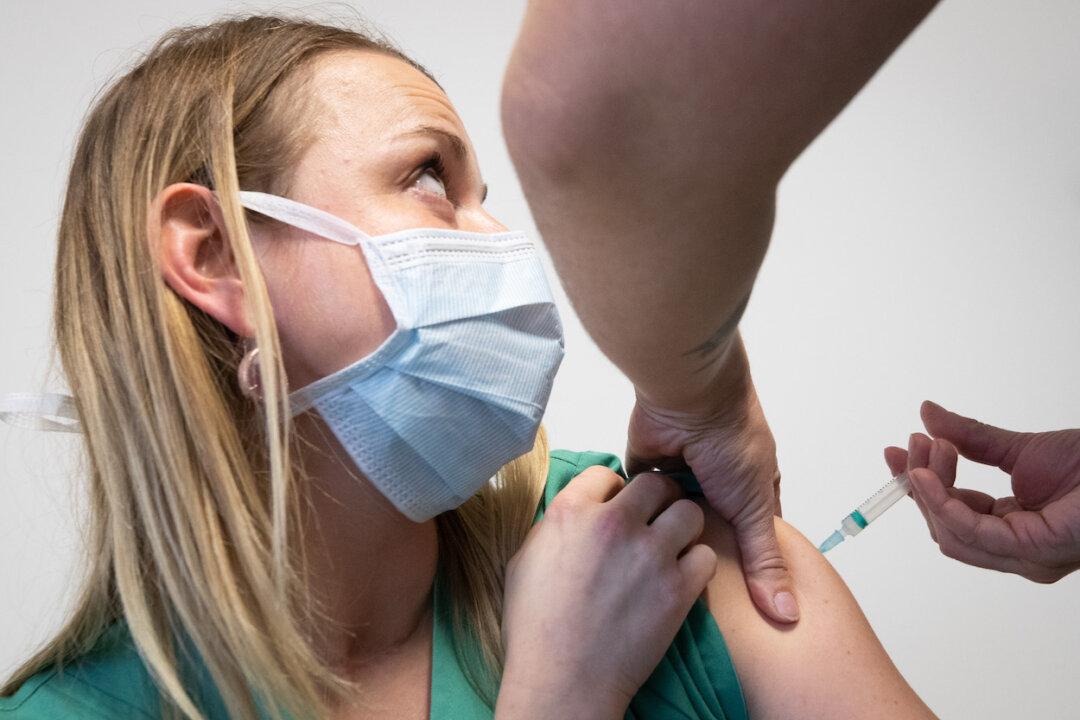The World Health Organization removed its advice against administering the Moderna vaccine for the CCP virus on pregnant women, after earlier saying it did not recommend the shot.
Earlier, on Tuesday, the WHO said on its website, “While pregnancy puts women at a higher risk of severe COVID-19, the use of this vaccine in pregnant women is currently not recommended, unless they are at risk of high exposure (e.g. health workers).”




